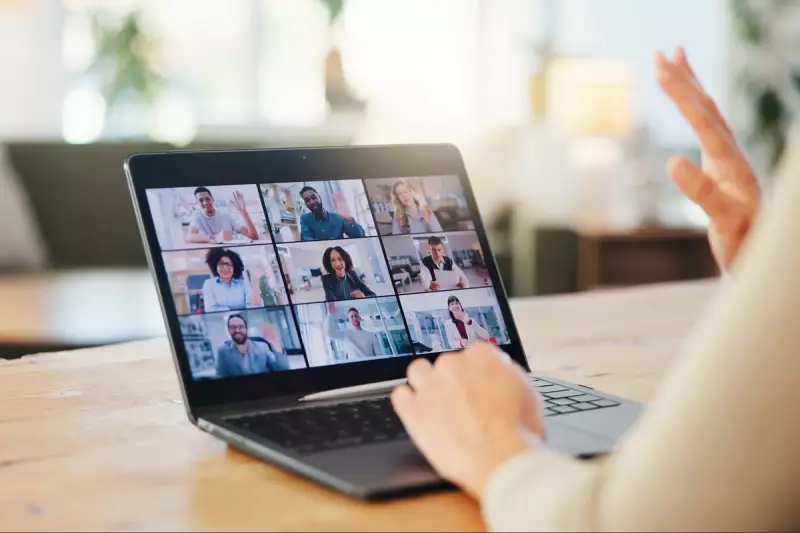
A startling generational fault line is emerging in Britain's post-pandemic work culture, with new data revealing that remote working is having a dramatically different impact on employees based on their age.
While the flexibility of working from home continues to be celebrated by many, exclusive research conducted by the Policy Institute at King's College London paints a concerning picture for the youngest generation in the workforce. The study, done in partnership with Sky News, uncovers a loneliness epidemic brewing amongst Gen Z employees.
The Stark Contrast: Thriving vs. Struggling
The data reveals a stark contrast. A significant majority of those aged 35 and over report positive experiences with remote work, enjoying the improved work-life balance and flexibility. However, for Gen Z (those under 25), the reality is strikingly different.
Nearly half (45%) of young workers reported that working from home has negatively impacted their sense of team belonging. Furthermore, 38% said it made them feel lonely, and a concerning 30% felt it hindered their ability to learn and develop crucial career skills.
More Than Just a Feeling: The Professional Cost
This isn't just about fleeting feelings of isolation. Experts warn this trend has serious long-term implications for both young employees and their employers.
- Stunted Professional Growth: The organic learning that happens in an office—overhearing conversations, casual mentorship, and understanding office dynamics—is largely lost.
- Weakened Networks: Building a professional network, vital for career advancement, is significantly harder from a solitary desk at home.
- Mental Health Toll: Prolonged isolation can exacerbate anxiety and decrease overall job satisfaction, leading to higher burnout and turnover rates amongst young talent.
A Call for a Nuanced Approach
These findings challenge the one-size-fits-all approach to remote work. They suggest that hybrid models are not just a preference but a necessity for integrating and retaining young talent. Companies are now being urged to develop more sophisticated strategies that cater to the diverse needs of their multigenerational workforce.
Professor Bobby Duffy, Director of the Policy Institute, emphasised the significance of the divide, stating the findings show a "really stark difference" in how work-from-home practices are experienced across generations. This isn't a simple debate about returning to the office; it's about creating an inclusive work environment where everyone, especially those just starting out, can thrive.





